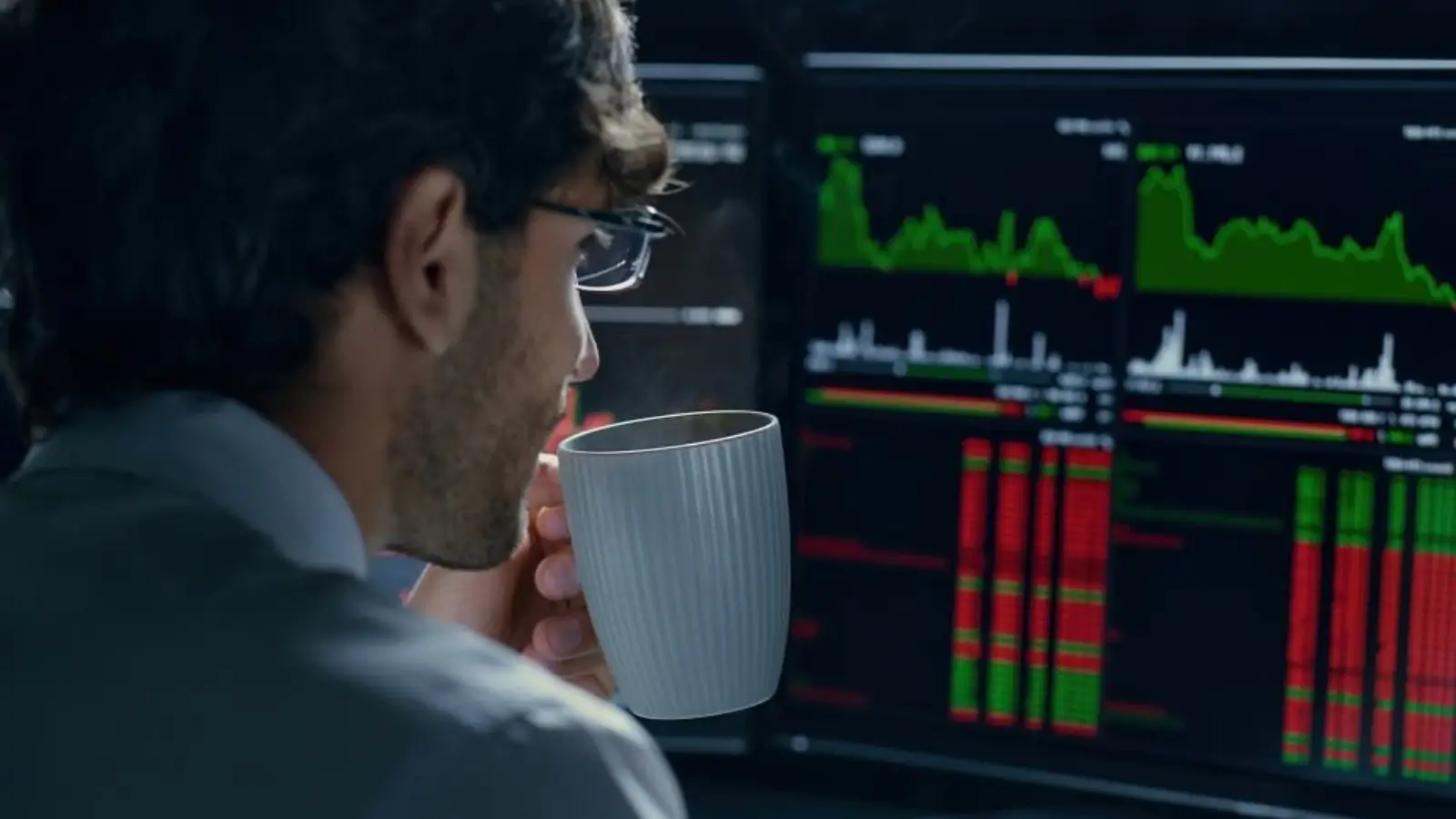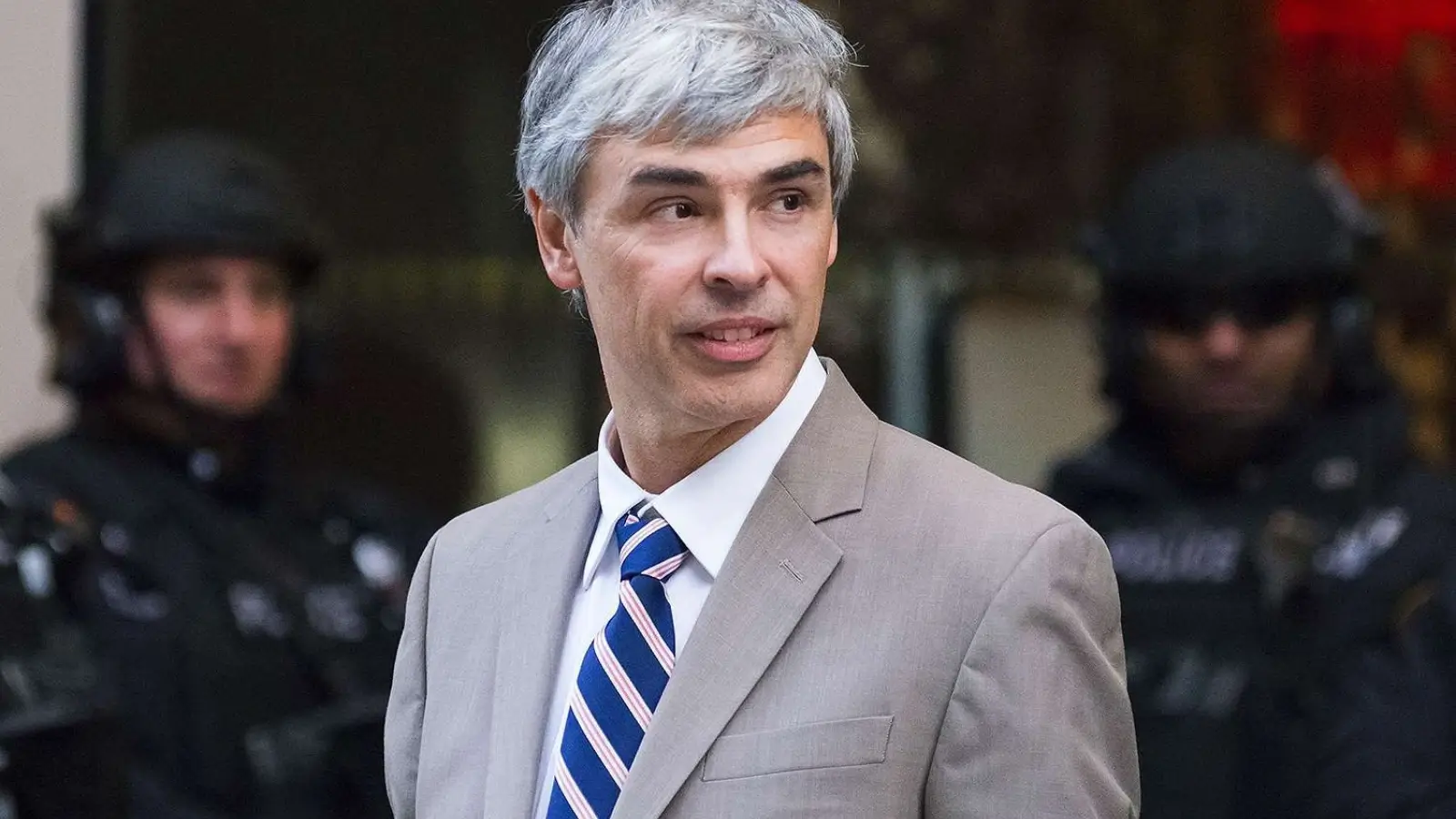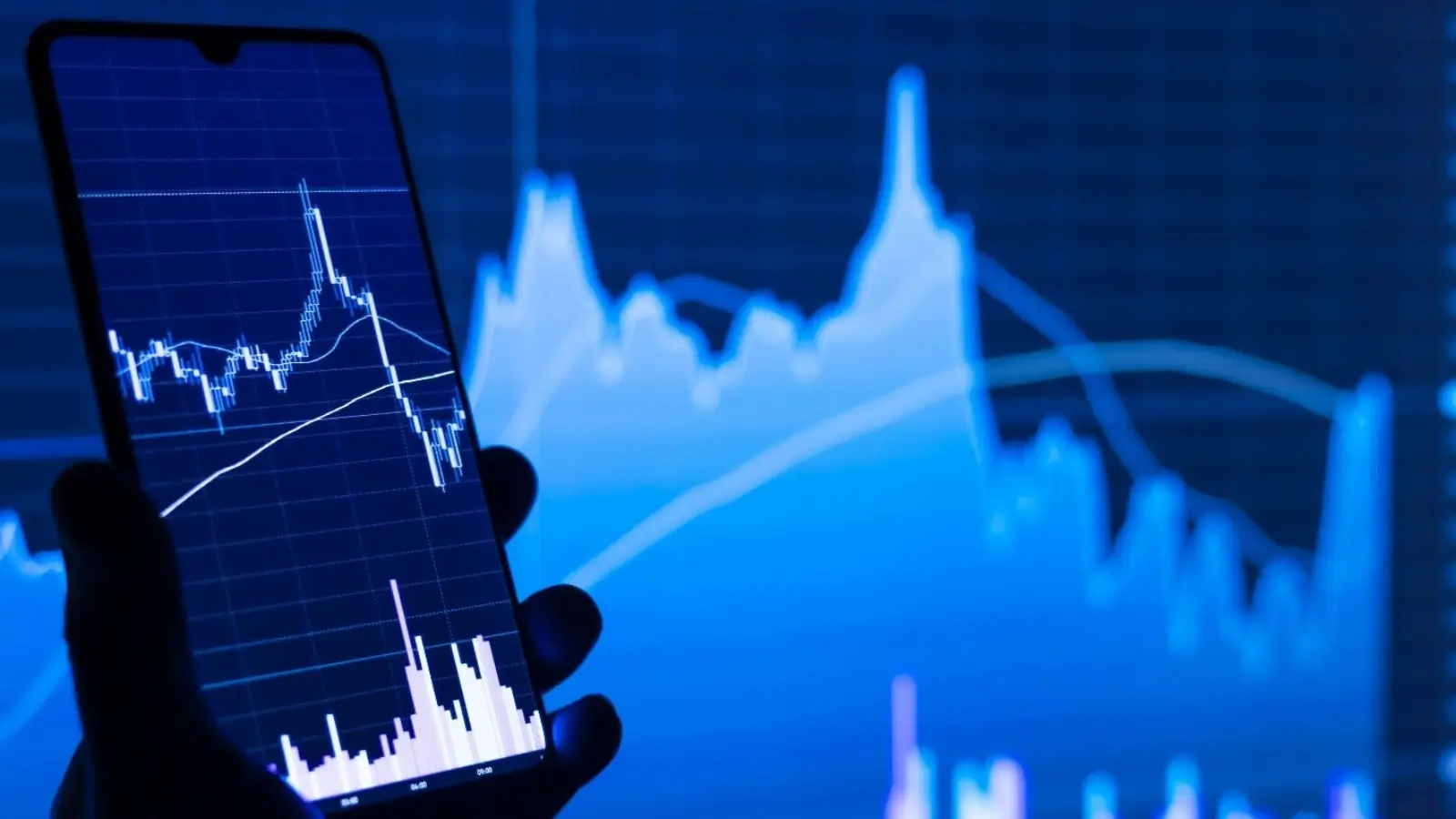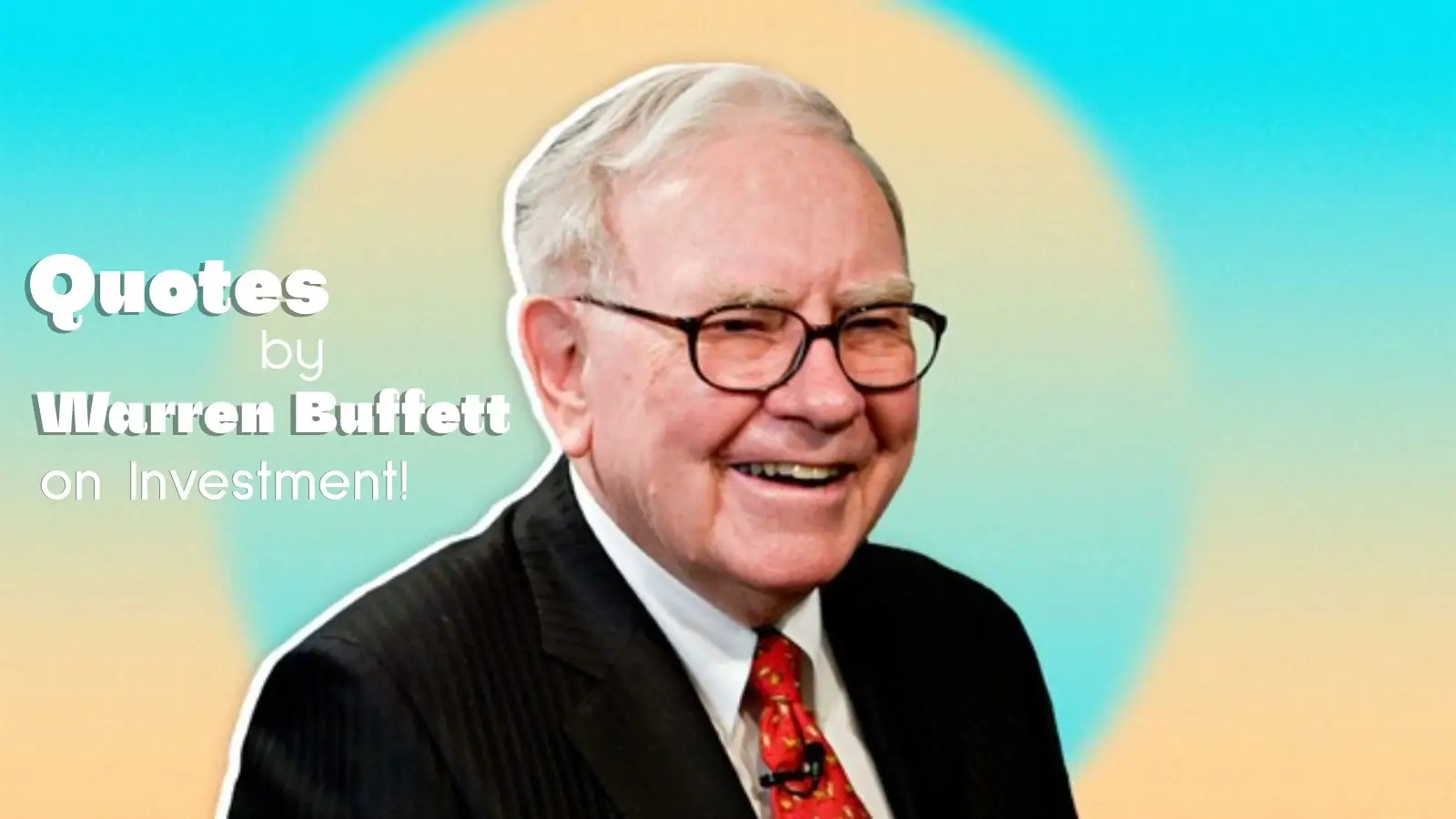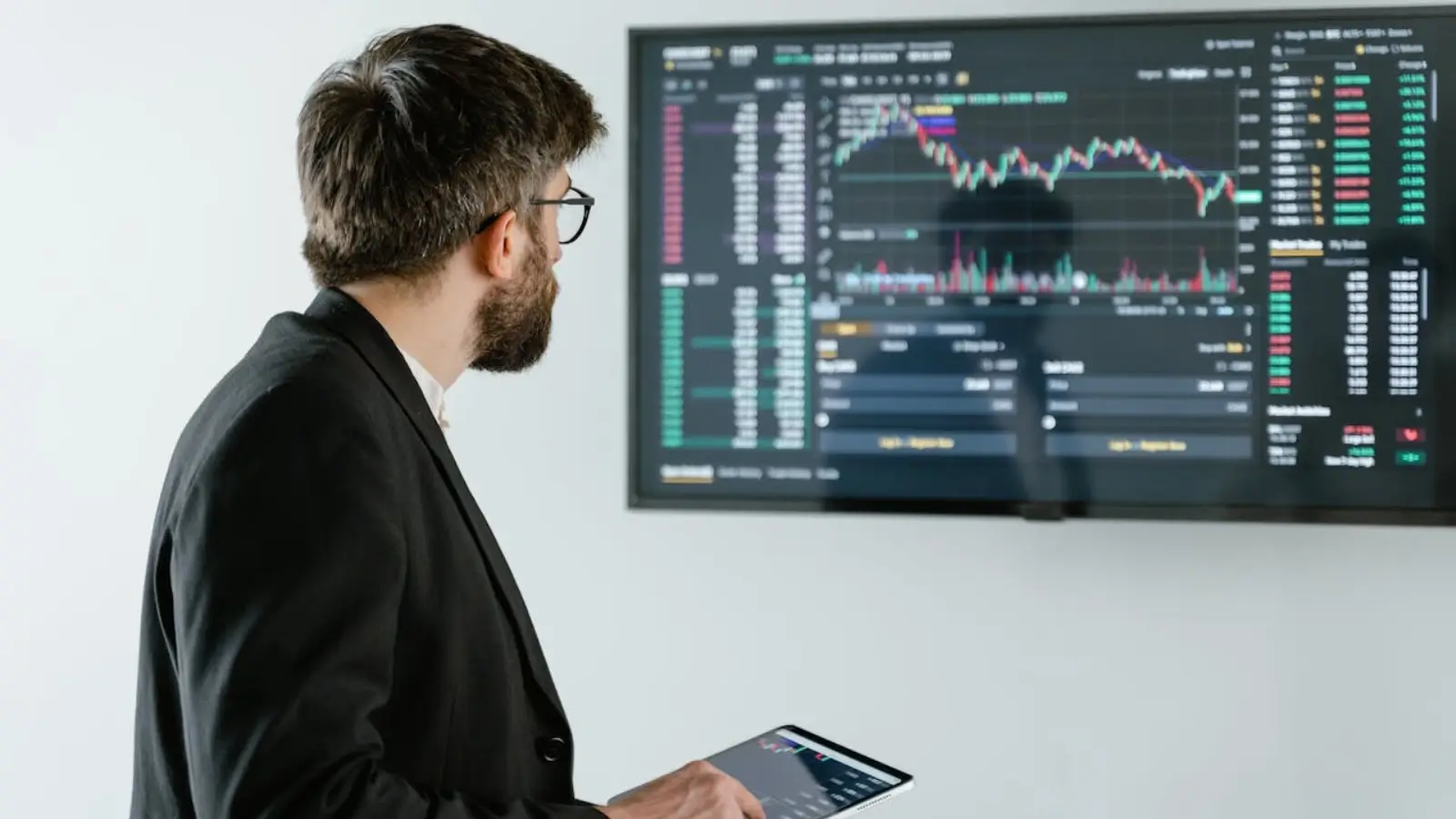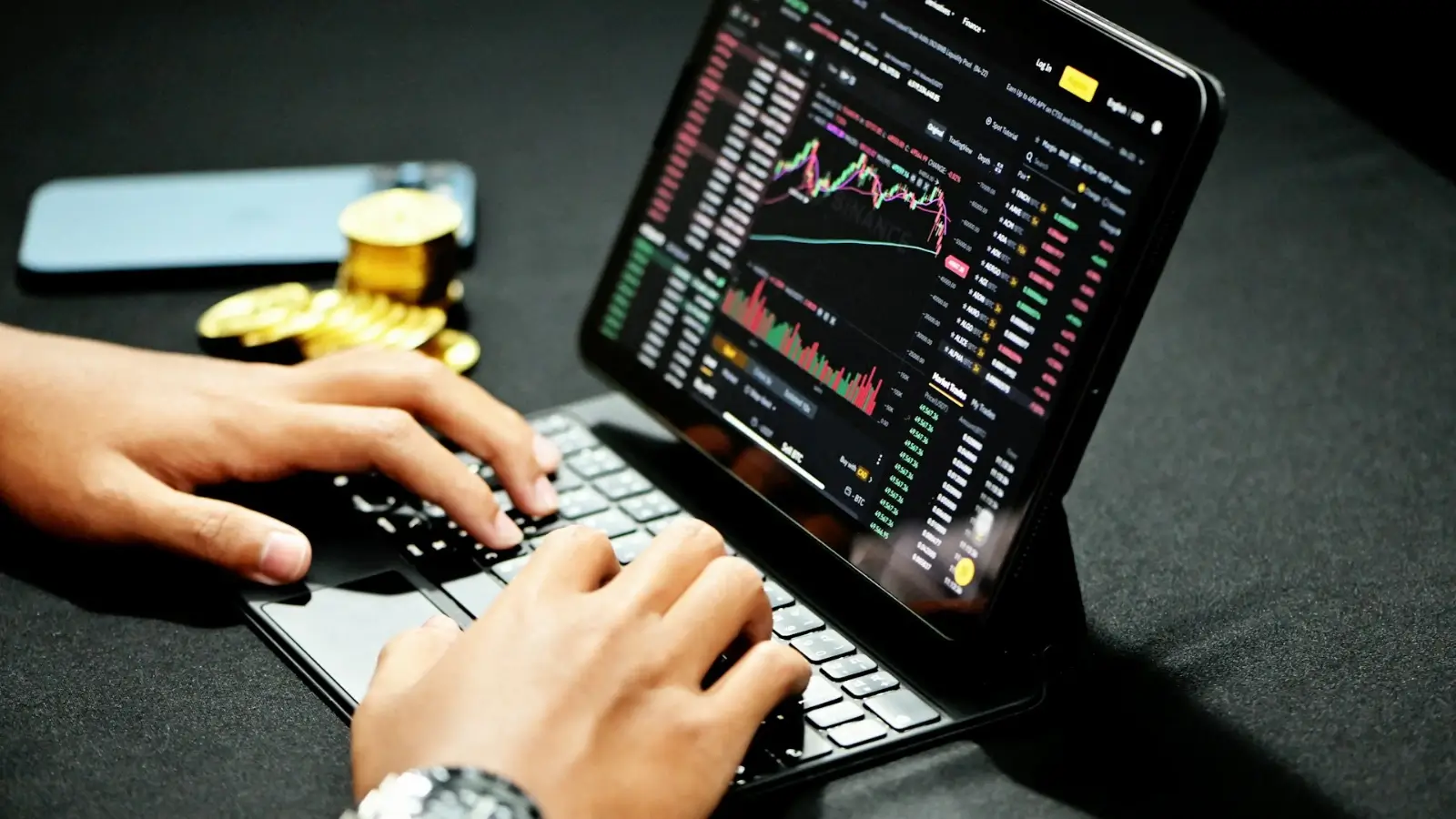By Gregory Blotnick, Founder, Valiant Research
As global markets continue to experience turbulence fueled by tariffs, geopolitical uncertainty, and macroeconomic instability, investors are being tested not only financially but mentally. At Valiant Research, we believe that risk management begins with protecting what we refer to as mental capital — a trader’s psychological edge, clarity, and discipline. In fact, protecting your mental capital may be even more important than guarding your financial capital.
Why? Because the market is a mirror. It reflects your fears, flaws, and emotional tendencies — often with brutal clarity. Your P&L (profit and loss) doesn’t just show numbers; it tells a story about your behavior. Some traders are afraid to take risk and hesitate too long. Others take on too much risk, overleverage, or place oversized positions. Still others lack discipline, letting losses snowball instead of cutting them quickly. Then there are those who refuse to accept they’re wrong, blame the market for their losses, or constantly look for excuses outside themselves.
The truth is, these issues are personal. Each trader brings a unique emotional profile to the screen. Recognizing this is step one. As trading psychologist Mark Douglas puts it, “95% of the trading errors you are likely to make—causing the money to just evaporate before your eyes—will stem from your attitudes about being wrong, losing money, missing out, and leaving money on the table.” These four primary trading fears are behind most of the self-sabotage traders experience.
In our latest note to clients, we explore how great portfolio managers mitigate this emotional volatility. The answer is not found in market timing or stock picking. It’s found in internal mastery — in emotional control, self-awareness, and the ability to execute under pressure. That’s what separates the professionals from the amateurs.
You cannot control the market. You can only control your risk — and your response to uncertainty.
Douglas outlines a long list of trading errors tied to poor emotional discipline: hesitating on entry, jumping in too early, failing to define risk, refusing to take a loss, taking profits too soon, letting winners turn into losers, moving stops emotionally, and trading positions too large relative to equity. Most traders have committed all of these at some point. The difference is that consistent winners are willing to face these mistakes head-on and correct them through rigorous self-analysis.
This is what makes trading such a powerful teacher. Done right, trading forces you to become a more disciplined, balanced, and self-accountable individual. The best portfolio managers we’ve met at Valiant Research exhibit an unshakable demeanor. Whether their portfolio is up or down, their emotional state remains stable. They’ve removed volatility from their mindset. They manage not just capital, but mental capital.
To reach this level of emotional control, you must commit to a lifelong process of internal refinement. There is no shortcut.
Douglas classifies traders into three broad groups. First, the consistent winners — a small fraction of active traders who show steady equity growth with normal drawdowns. These individuals are immune to the psychological traps that sink most investors. They focus on risk and process, not short-term outcomes.
Second, the consistent losers, who make the same mistakes over and over. They might have been trading for years, but they still operate under illusions about how markets work or are addicted to the emotional rush.
And finally, the boom-and-bust traders — likely the largest group. They know how to make money, but haven’t learned how to keep it. Their equity curve looks like a roller coaster: strong gains followed by dramatic collapses. These cycles are driven by the psychological damage of both loss and overconfidence.
After a string of wins, it’s easy to believe you’re indestructible. Confidence turns into recklessness. Risk management fades. You start taking oversized positions, chasing more reward with less discipline. When the inevitable reversal comes, your emotional volatility spikes. You freeze. You let winners become losers. And the cycle begins again.
When you finally emerge from the wreckage of a bust, you’re disoriented and betrayed — not by the market, but by your own unchecked emotions. The psychological scars from this experience must become your motivation to improve. They are your wake-up call.
Becoming a consistent winner means more than mastering technicals or developing a solid strategy. It means committing to the inner game of trading — the discipline, humility, and emotional resilience that great investors cultivate over time.
At Valiant Research, we’re committed to helping investors become better versions of themselves. This note is part of an ongoing series on risk management and portfolio construction. In part two, available on our website, we’ll explore the traits of consistent winners in greater detail and provide tactical strategies for managing emotional volatility during periods of market stress.
To learn more about Valiant Research or Gregory Blotnick, visit us at https://valiantlp.com.

